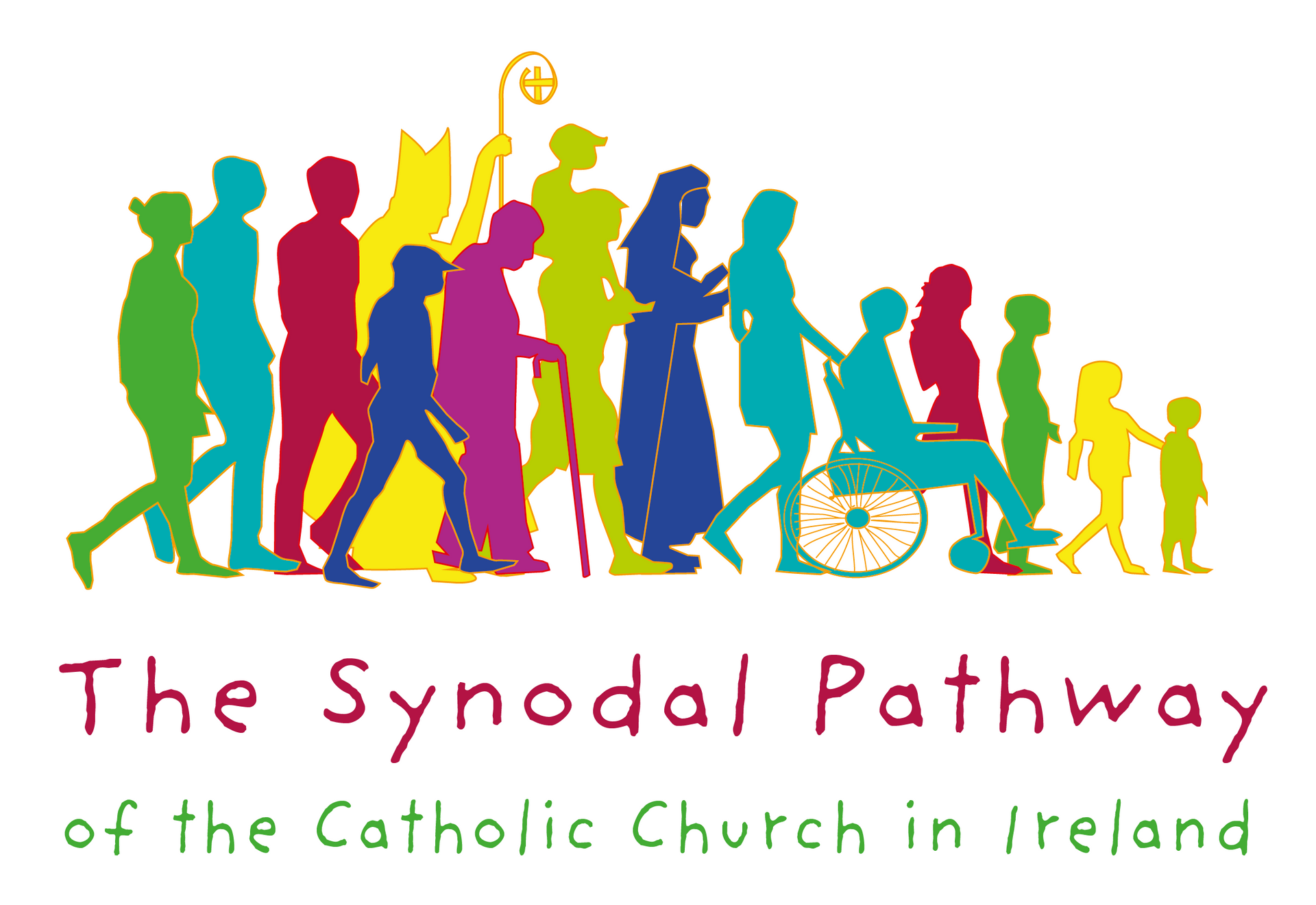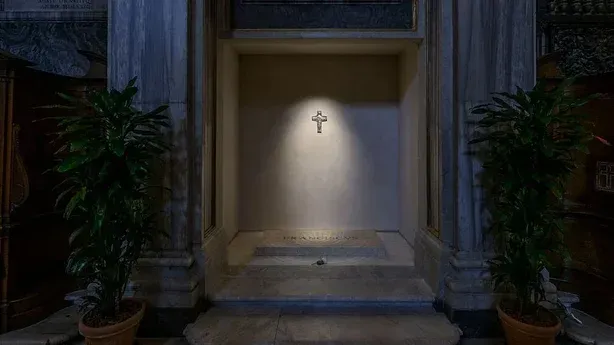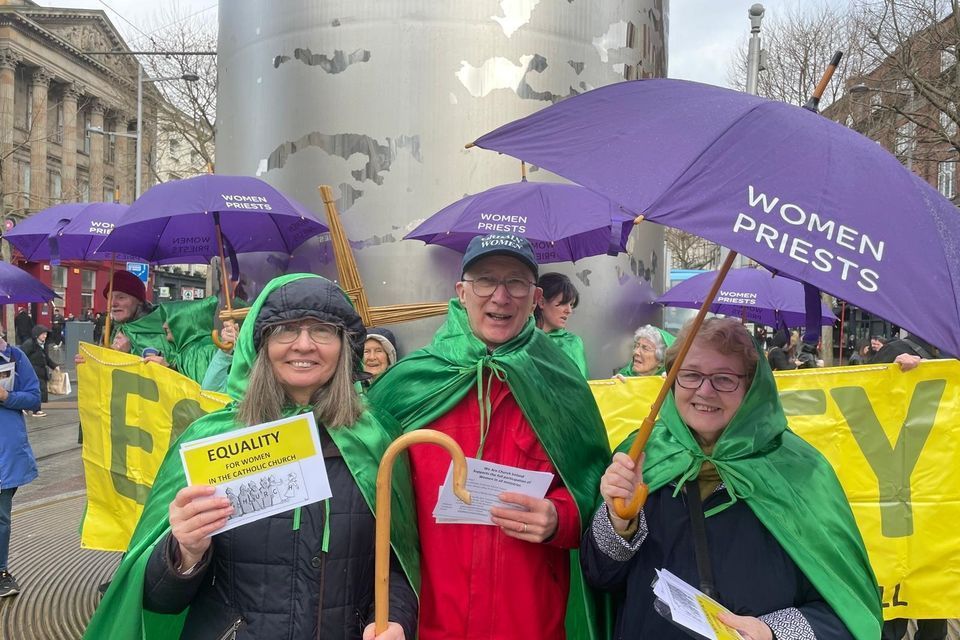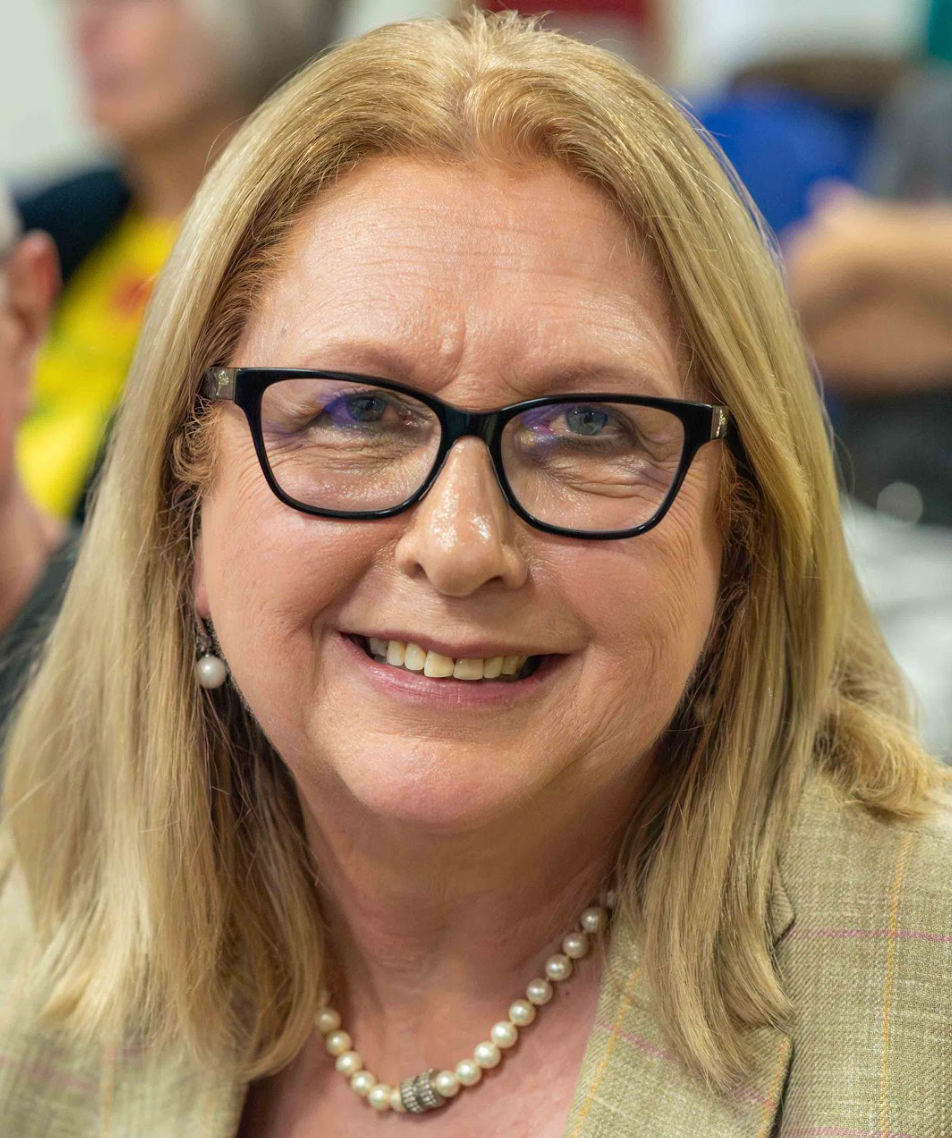Participating in a Zoom Eucharist is a bit like walking on water
Soline Humbert • 16 March 2021
Church and Covid: There is a whole ecclesiastical world which is disappearing
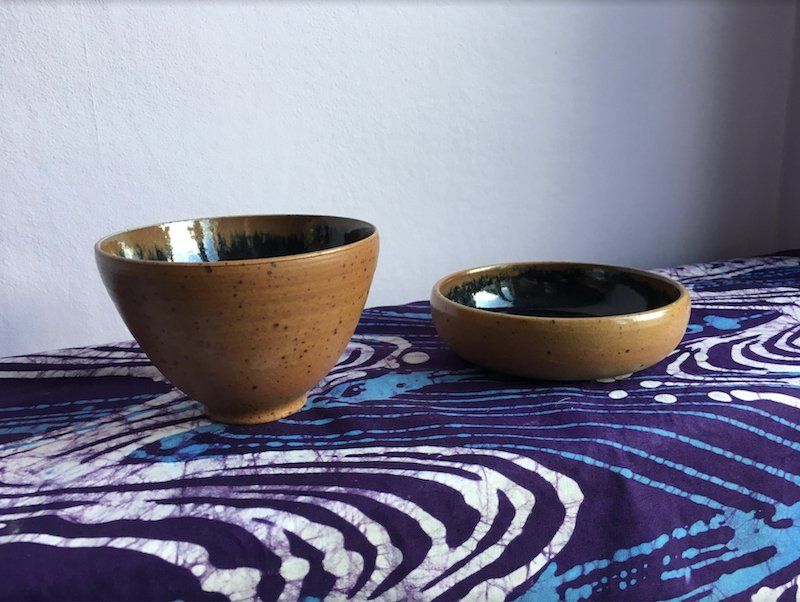
Soline Humbert; The Irish Times; 16 March 2021
Our church buildings are currently closed again to communal worship, as they have been on and off throughout the past year because of the pandemic. It is this context which gave birth to what can be described as a radical experiment.
What I am referring to is the participation in Eucharistic celebrations through the medium of Zoom and other internet platforms. My hope in documenting this new liturgical phenomenon is that it will stimulate reflection, conversation and personal and communal discernment.
Over the past 25 years a “domestic church” movement has grown in an organic manner, and with it, celebrations of Eucharist in each other’s homes. While it is mainly Roman Catholic it is also ecumenical.
Many of us are also active members of various world church reform movements such as We Are Church Ireland and we would also have celebrated Eucharist at our international gatherings, usually on a yearly basis.
Church buildings closed
This is the background to the next step we took in March 2020 when not only church buildings closed, but we also had to close our homes to any outsiders. Physically isolated, we decided to move our Eucharistic celebrations online. Zoom enabled these gatherings.
Participants are sent the text of the liturgy in advance by the person who has compiled it and who will lead the celebration. We follow the church liturgical calendar and the general Eucharistic format, but with room for creative adaptations.
The readings from scripture and the prayers are shared, so that there is much diverse active vocal participation. Instead of a set homily there is an open space where people can share their personal reflections and insights.
Looking back it is quite remarkable that it was embraced so quickly, so widely and so wholeheartedly, including by some vowed religious and clergy
The prayers of the faithful are spontaneous prayers expressing the needs and desires of those gathered. There is also time for playing instrumental music, singing hymns and/or showing visual representations.
There has been an increase both in the number of church reform groups moving to hold these Zoom Eucharists (for want of a better word), as well as in the number of participants.
Looking back it is quite remarkable that it was embraced so quickly, so widely and so wholeheartedly, including by some vowed religious and clergy.
The bread and wine
The issue of the offertory and consecration of the bread and wine of course had to be dealt with. From a practical point of view, each person or couple has some bread and wine (or water when wine is not possible to procure) on a table in front of them before their screen.
These gifts are offered and consecrated through a communal prayer and then we receive Communion - the body and blood of Christ.
The extended hands over the elements are those of the people of God, separated by often huge physical distances, sometimes across continents. And yet the belief which sustains us and gives us the necessary daring is our belief in the reality of the presence of the Holy Spirit, so that there is truly an epiclesis at the heart of our celebrations.
We are gathered as the body of Christ and we receive the body of Christ. Though many and scattered across the face of the earth, we are one. We believe that the action of the Holy Spirit transcends space.
As each one of us, indwelt by the spirit, pray together and invoke the spirit, we believe we are truly giving praise and thanks in memory of Jesus, as he asked his followers to remember him. And we believe Christ is truly present when we gather, even if this gathering takes place, by necessity, online rather than physically.
There is a whole ecclesiastical world which is increasingly disappearing. While this pandemic will, in time, be over, it will have contributed to some lasting changes which were already under way. It seems to me that for some Christians the experience of these Eucharistic celebrations will have effected a breakthrough and empowered them as a priestly people.
Participating in a Zoom Eucharist is a bit like walking on water. We have left the solid ground of our long-established theological frameworks, with its sense of safety, and find ourselves at large, sustained by the one who calls us to cross over to another shore.
Soline Humbert
is a spiritual director and a member of We Are Church Ireland. This is an abridged version of an article in the Spring 2021 edition of Search, a Church of Ireland Theological Journal.
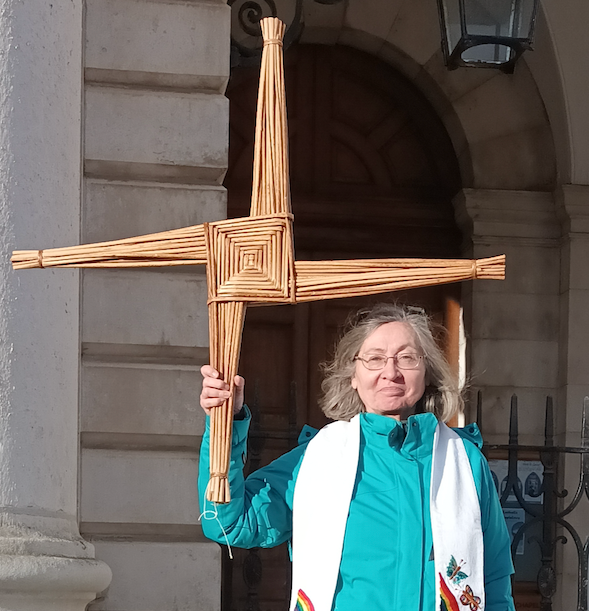
A reflection by Soline Humbert for the Women’s Ordination Conference Retreat “Hidden Springs, Holy Radiance” 9 February 2025 [ see recording on YouTube https://www.youtube.com/watch?v=szP5h1kzEsU ] We have been gathering over the past three days in the presence of Brigid of Kildare, and I am sure she has brought gifts to each one, for my experience is that she is attentive to our needs and very generous with her help. At this stage I just want to share some of my own life journey with Brigid. I first encountered her in 1969 when I came from France to Ireland as a child on holidays to learn English. I went to a small Irish town called Tullow. As it happens it was in Tullow that on the first of February 1807 the order of nuns of St Brigid which had been dissolved at the Reformation, had been refounded by a far-sighted bishop. Symbolically an oak sapling had been brought from Kildare Town, from the church of the oak, to Tullow and planted in the grounds of the Brigidine convent where I took English classes. It was by then a majestic oak tree. It still stands to this day. Coincidentally and somewhat ironically, 1969 was also the year that Pope Paul the 6th removed St Brigid, along with 193 other saints, from the Universal Roman Calendar of saints. The reason being that there wasn’t enough evidence for her existence! That despite the fact she was the most mentioned Irish person in the writings of several centuries after her death... What was true was that her flame had been somehow extinguished, and her importance diminished in a deeply clericalised and patriarchal church as Ireland was at the time. She was in the shadow of St Patrick and very much the secondary patron Saint, reflecting the secondary position of women in general. But change was slowly happening. Having discovered in myself a vocation to the priesthood I eventually co- founded a group for women’s ordination and launched a petition to open all ministries to women in February 1993. At the very same time, which I consider providential, the flame of St Brigid was rekindled by the Brigidine sisters in Kildare Town. Women were stirring after a very long wintertime in the church and in society and becoming more fiery. Brigid with her torch was blazing a way for equality. It is then, and only then, that I came across the story of her ordination as a bishop and I remember my astonishment for I had never read anything like that before, or since, for that matter. Of course, while this fact was mentioned in many of the lives of Brigid going back to the first millennium it had been quietly left out of the pious descriptions of her life which were fed to the people. The way the story is recounted makes it clear that her ordination was considered to be very much the doing of the Holy Spirit. Objections about her gender were voiced but powerless to negate what God had done. It reminds me very much of the passage in the Acts of the Apostles when St Peter is amazed to discover that the Holy Spirit has descended on Cornelius, a gentile, and which leads him to conclude that “God has no favourites”. Brigid’s episcopal ordination at the hands of a bishop overcome by the Spirit is also a powerful affirmation that when it comes to ordination God has no favourite gender. Her ordination’s divine origin shows that Brigid was a bishop because God ordained it, and her. A very subversive truth our Church has yet to learn... As we campaigned for women’s ordination we made sure that this episode from Brigid’s life was brought into the open, again and again, despite clerical efforts to dismiss this dangerous historical memory as pure legend and keep it buried. Interestingly when the Anglican Church of Ireland, (Episcopalian) ordained their first woman bishop in 2013 it was to the diocese of Meath and Kildare! A very symbolic act. I have often gone to St Brigid’s Well in Kildare, a little oasis of peace, to spend some time with Brigid and re-source myself by the gently flowing water. After the First Women’s Ordination Worldwide Dublin international Conference in 2001 I went there again on the anniversary of my baptism and I hung my purple stole on a tree overlooking the well. I had worn that stole for many years as a sign of waiting. From now on I would wear stoles of other colours. And a few years ago, I found myself back in Tullow, as a guest speaker at the invitation of the Brigidine sisters for an international celebration. It was very moving to be able to speak of my calling to priesthood in the place where the order of St Brigid had been revived and where I had first come as a child half a century beforehand! That day I sensed very much the presence of Brigid the bishop and I was filled with joy and gratitude. In some ways we can say St Brigid has risen up and is leading the way for women to rise up. Although a woman in what was very much a man’s world and a man’s church, Brigid exudes a remarkable confidence in her being, in her words and in her actions. No doubt that confidence was rooted in a deeply contemplative life nurtured by prayer. “From the moment I first knew God, I have never let him out of my mind, and I never shall”. She embodies the authority which stems from being filled by the Spirit and a leadership at the service of peace, justice, hospitality to the strangers, charity to the poor and marginalised, reconciliation, healing and harmony with creation and care of the earth. The two Scripture readings we have just heard are very fitting for she was renowned for her practical care and generosity to those in need or suffering. Like Christ, she went around doing good. I must not be the only one who saw and heard in Episcopalian bishop Mariann Budde’s recent words the spirit of St Brigid as she used her God- given authority to plead for mercy for the people in vulnerable situations in the face of unbounded cruelty. Brigid is a bold, dynamic presence. She is said to be a woman of the threshold, of liminal places, and she is a sure guide for our times when we also are in transition on the threshold of a new church and a new world too. She calls to us to step boldly forward with our torches burning brightly, bringing the light and warmth of God’s Love to a world gone cold in the grip of darkness and despair. Her life reminds us that with “God nothing is impossible” and to expect miracles. I shall end on a light- hearted note: I went on pilgrimage to St Brigid’s Well and Solas Bhride in Kildare last Tuesday to prepare for this retreat. On the way back from the well and driving through the wide expanse of the Curragh where thousands of sheep graze freely I started seeing a multitude of rainbows. It reminded me of one of the many whimsical stories about Brigid: Caught in a rainstorm, she hangs her mantle on a sunbeam to dry. Dripping from its edges, colourful rainbows form in the water droplets, and her mantle is ‘bright’ with colour. Lady, from winter’s dark, Star of Imbolc, rise! Dance across our threshold: Scattering warm laughter Seeds of hospitality, Tolerance, forgiveness! Return again to the folk: You the Spring we yearn for! (Tom Hamill)

Women are a problem for the Catholic Church, an institution with ingrained misogyny - Soline Humbert
Papal plámás is no substitute for an end to discrimination against women


